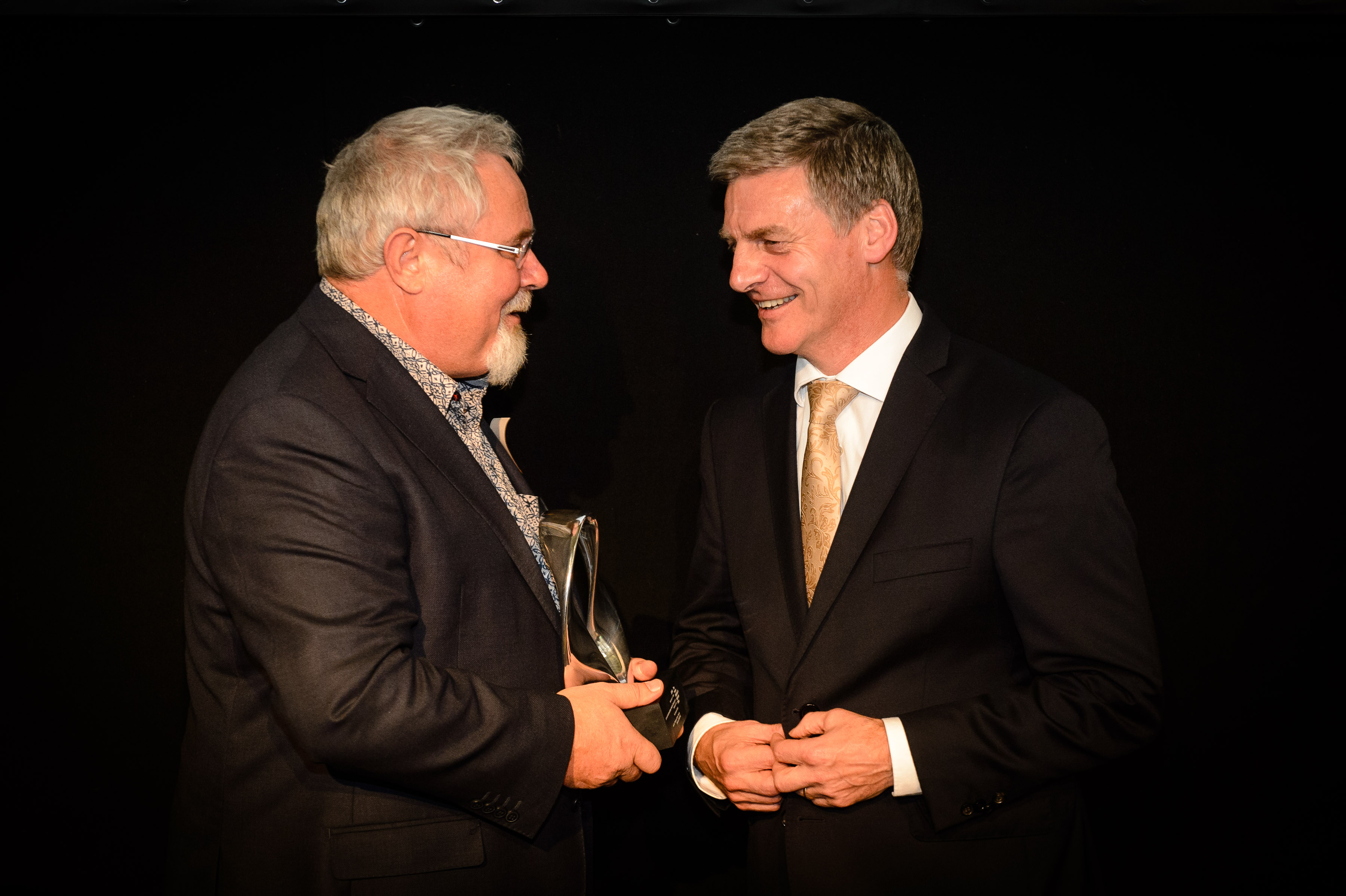2016 Prime Minister’s Science Prize Winner
Congratulations are also in order for Professor Richie Poulton of the University of Otago, along with key team members Terri Moffitt, Murray Thomson, Jonathan Broadbent, Avshalom Caspi, Bob Hancox, Malcolm Sears, Nigel Dickson, Jennie Connor and Joanne Baxter, who have taken the top honour of winning the 2016 Prime Minister’s Science Prize for the Dunedin Multidisciplinary Health and Development Research Study.
Prof. Poulton describes the research as providing the most detailed data on human development ever amassed and says it is arguably the preeminent study of its type in the world. It is based on researching the lives of about 1,000 children born in Dunedin in 1972 and 1973.
The research enables evidence-based health and social policy-making, thereby changing the way policy makers, clinicians and practitioners think and act, both in New Zealand and overseas. The rich findings from the study help prioritise tax-payer funded services and resources so that we have people who are in better shape, are emotionally resilient, have increased productivity and can make more of a contribution to society.
In its 45 years, the Dunedin Study has resulted in a raft of changes. These include the introduction of safety matting to prevent playground injuries, shortening the length of electric jug cords to reducing scalds and burns, to influencing judicial practices by identifying antisocial behaviour stemming from childhood and understanding the later-life effects of adolescent cannabis use. A story about findings relating to distinguishing between biological versus chronological ageing was ranked the fourth most important scientific story in the world in 2015 by American-based Science News.
Professor Poulton and his team have utilised NeSI's resources, as featured in this recent case study: "University of Otago researchers join the international high-speed data superhighway".
Read more on the Prime Minister’s Science Prizes website.







